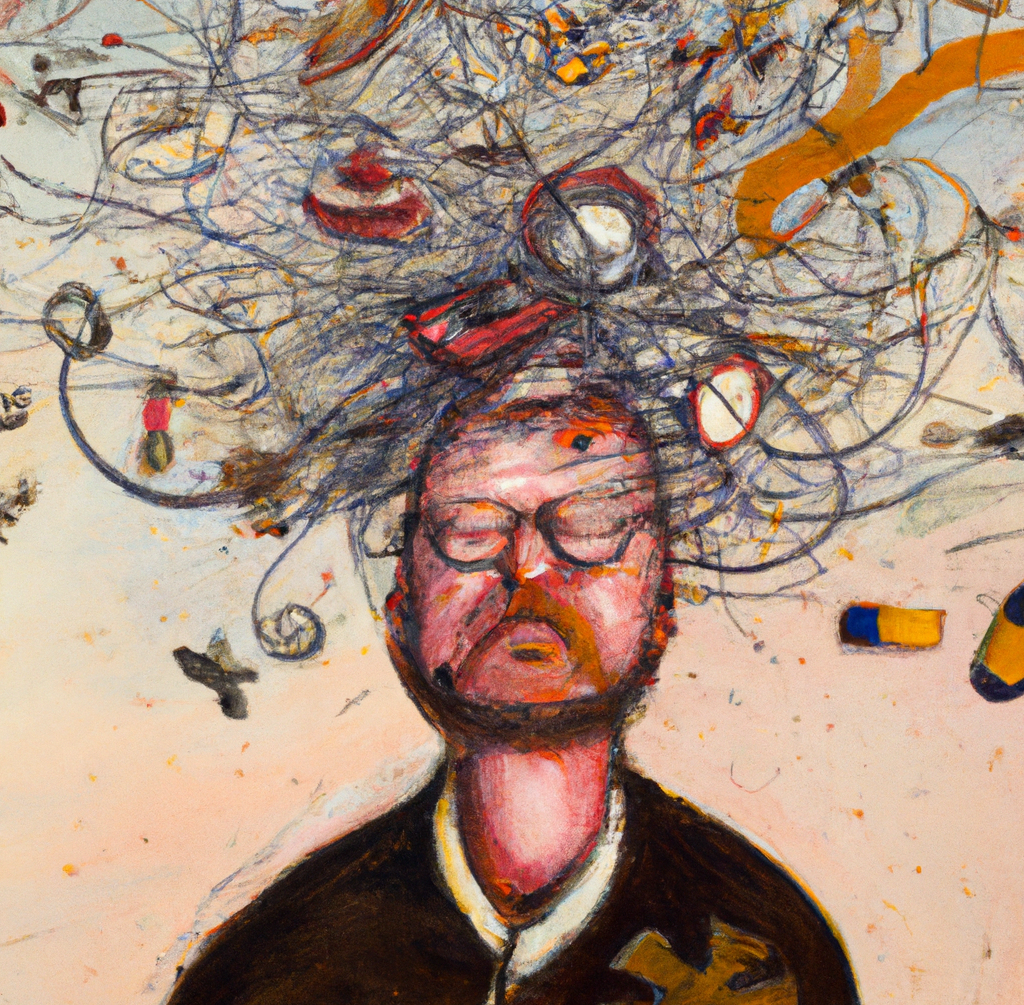The illusion of “paying attention”

🌈 Abstract
The article discusses the concept of "paying attention" and argues that it is not an actual mental function, but rather a social construct based on a misguided analogy to visual attention. It explores how the meaning of "attention" arises from the gap between what others want us to care about and what we actually care about, and how this concept has been concretized into a cognitive function despite its abstract nature.
🙋 Q&A
[01] The visual analogy
1. What is the key difference between visual-spatial attention and attention in the "true sense"? The article argues that visual-spatial attention, which is the act of turning one's eyes towards a place in the world, is not attention in the true sense. Paying attention implies taking in, becoming aware of, and learning about something, which can happen without the eyes being directed towards the object of attention.
2. How does the analogy between visual-spatial attention and attention proper lead to a misleading theory of attention? The article explains that the analogy implies there is a "space" in which mental entities can be highlighted, or a "memory bank" with channels that attention focuses on. This assumes the existence of an executive controller that directs attention, similar to how the eyes are directed towards a visual target.
3. What is the key difference between paying attention to physical objects and paying attention to abstract concepts? The article states that unlike physical space, the space of abstractions is fluid and grows as one learns new concepts. Additionally, people often attend to their internal interpretations of experiences rather than the phenomena themselves.
[02] Learning the right things
1. What is the key issue with the idea that "people learn best from experience"? The article points out that this truism does not explain how one learns the right things from experience - how one selects the relevant information from the "fire-hose of sensations and thoughts".
2. How does the article characterize the role of motivation in attention? The article argues that there is always a specific motive driving attention, which predetermines what one will find. Attention is not a neutral function, but is guided by what the particular need is looking for.
3. How does the article explain the role of learning in attention? The article suggests that one must learn the specific instances in which it is necessary to pay attention, as attention is driven by motivating experiences in one's history.
[03] Awareness, and nothing else
1. How does the article argue that attention cannot be differentiated from awareness? The article states that the only evidence one has that they paid attention is the presence of a "recording" or "awareness" - one can only define an experience as having paid attention once they become aware of something.
2. What is the relationship between attention and learning/awareness according to the article? The article suggests that the order is reversed from the usual assumption - one has a motivation, then learns/becomes aware of something, and finally interprets it as having "paid attention".
[04] A social prerogative
1. What is the article's explanation for why the concept of "paying attention" exists? The article argues that the concept of "paying attention" as a neutral action separate from motivated awareness is a social fiction based on a moral demand that others place on us to care about things we don't actually care about.
2. How does the article characterize the role of social imperatives in the concept of attention? The article suggests that even when one exhorts themselves to pay attention, they are internalizing a social imperative, and that the concept of attention arises from the gap between one's true interests and what others want them to care about.